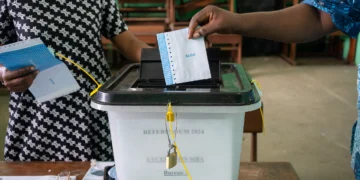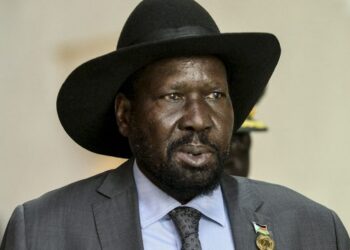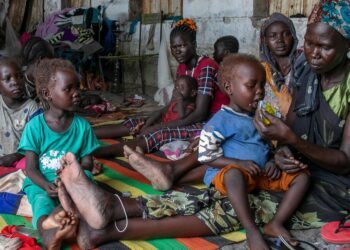By Enyichukwu Enemanna
The Economic Community of West African States (ECOWAS) says its free movement protocols is not a threat to regional security.
“There is nowhere in our protocol that we asked the state security not to take the necessary security precautions because, at the end of the day, we are our brothers’ keepers”, the co-chair of the ECOWAS’ joint committees on Social Affairs, Gender and Women Empowerment, Legal Affairs, and Human Rights, Snowe Edwin said in dismissing the security concerns.
Speaking after a week-long joint committee meeting in Banjul, The Gambia, Edwin asserted that the free movement of citizens across the ECOWAS member states is fully compatible with national security measures.
He stressed that the protocols do not prevent security agencies from conducting necessary checks but warned against the misuse of security measures to extort and intimidate travellers.
“So, we are not downgrading security but what we are asking them to do is to respect the protocol of free movement. Free movement does not mean you should not check security but you can not intimidate the citizens, you can not take money from them, you can not extort them,” he noted.
His statement came in response to comments from border officials at the Karang-Amdalai border between The Gambia and Senegal on Wednesday, who suggested that the security of their respective countries takes precedence over the implementation of the free movement protocols.
The border officials’ stance highlighted the ongoing challenges in fully implementing the ECOWAS agreement.
Edwin acknowledged the need for greater public awareness and education about the protocols, noting that many citizens and even some security personnel are unaware of the regulations.
“We want to do more awareness. Many citizens have not heard about the protocols, they do not know the protocols.
“We want to make copies of the different protocols and distribute them widely to Customs, Immigration and others so that they can have copies of the protocol and respect the protocols.
“We also must do it on social media, in the schools for our students to know because some students do not know about these protocols,” the co-chair added.

































